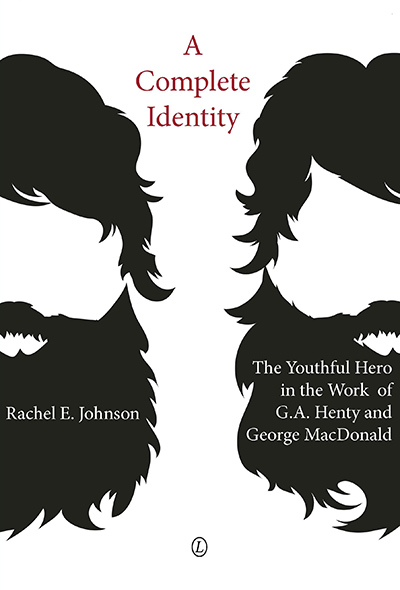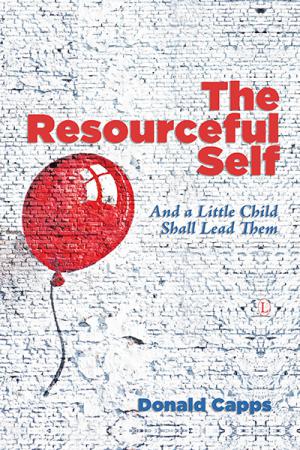Description
In 1987, the blurb for the first English edition of War and the Gospel warned that ‘the problem of war is as old as the Christian faith, but it has assumed a greater urgency in our own time’. This remains grimly true after almost 40 years. In the decade after World War 2, Jean Lasserre made a clear and vigorous case for an exegetical grounding of our attitudes towards war in the modern world. He states that ‘Christian theology should start from the Scriptures, not from preconceived ideas’.
With the super-powers of the United States and the USSR at each other’s throats and the threat of nuclear Armageddon on the horizon, Jean Lasserre penned this sober investigation into how Christians should think about war and violence. He begins with the pacifism of Jesus, his teachings and his examples in the New Testament. Questions are raised as to when it is morally obligatory to disobey the state, and whether lethal force can be justified in prisons and by our police forces, a topic that has seen renewed relevance during the first quarter of the twenty-first century. War and the Gospel remains a serious discussion of issues that are, sadly, evergreen.
About the Author
Jean Lasserre (1908-1983) was an internationally renowned pastor and peace theologian. He studied theology in Paris and the Union Theological Seminary in New York, where he became acquainted with Dietrich Bonhoeffer. After their graduation Lasserre and Boehoeffer travelled together around the United States and Mexico. In 1966 Lasserre was amongst the organisers that brought Martin Luther King Jr. to speak in Lyon.
Lasserre’s most significant contribution to theology was his dedication to Christian pacifism and the interpretation of the beatitude ‘Blessed are the peacemakers’.
Contents
Preface
Introduction: The Question at Stake
Part I. Preliminaries
1. Towards a Correct Statement of the Problem
Part II. The Commandment of Love
1. The Teaching of Christ and the Apostles
2. The Example of Christ and the Apostles
3. The New Testament never sanctions Violence
4. The Testimony of the Old Testament
5. Weakness according to the Gospel
6. Some Objections
Part III. The Christian’s Obedience to the State
1. The Christian’s Attitude to the State
2. The Limits of Obedience to the State
3. Political Morality and Gospel Morality
4. The Criterion of Good
Part IV. The Sixth Commandment
1. Its Significance
2. The Death Penalty and the Police
3. The Army
Conclusion
References
Bibliography
Biblical Index






